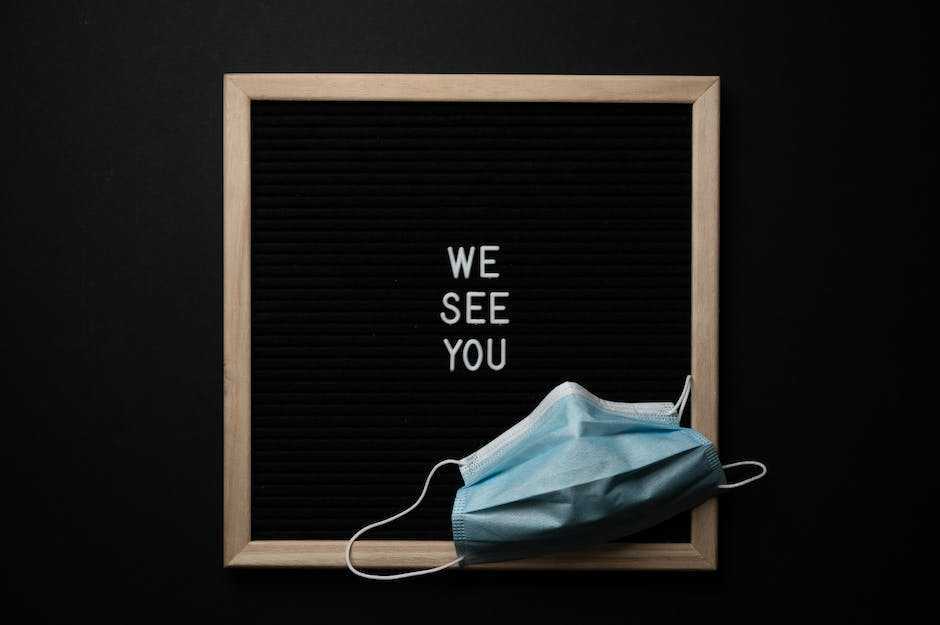
Contents
and Health
Night sweats can be an immensely disruptive and difficult experience, particularly if coupled with a cancer diagnosis. It is important to acknowledge that night sweats can occur as a result of a range of different factors; however, it can often also be a sign of cancer. In this article, we discuss night sweats and cancer, when to see a doctor and health preventive considerations.
What are Night Sweats?
Night sweats, also known as sleep hyperhidrosis, is a common somatic symptom defined as excessive sweating at night that often causes disruption to sleep. Although it can be caused by a range of different conditions, such as puberty, menopause, medications, and certain infections, it may also be indicative of a more serious problem such as cancer.
What Causes Night Sweats?
The most common causes of night sweats include:
- Hormones: Night sweats can be caused by changes in hormones, such as during puberty, menopause and perimenopause.
- Infections: Night sweats can be caused by infections such as tuberculosis, HIV/AIDS and endocarditis.
- Medications: Medications such as antidepressants, corticosteroids and hormone replacement therapy can also cause night sweats.
- Cancer: Some forms of cancer can present with night sweats including lymphoma, leukemia and testicular cancer.
When to See a Doctor
If you experience night sweats, there are a few steps you should take in order to evaluate the cause of the symptom. Firstly, consider any lifestyle changes that you can make that may promote better sleep hygiene. This includes avoiding caffeine and alcohol before bed, ensuring your bedroom is at a comfortable temperature and avoiding excessive physical activity prior to bedtime.
You should also consider whether any medications you are taking may be causing your night sweats and contact your doctor for further advice.
If these measures do not improve the situation and your night sweats persist, it may be an indication of a more serious condition such as cancer and you should see a doctor for further evaluation.
Health Prevention Considerations
Much like any other symptom, it is important to pay attention to night sweats and see your doctor when necessary. The earlier any type of cancer diagnosis is made, the easier it is to treat effectively.
To reduce your risk of cancer, you can take a number of different steps including:
- Eat healthily: Eating a balanced diet rich in fresh fruits and vegetables can reduce the risk of developing certain types of cancers.
- Exercise regularly: Aim to do at least 30 minutes of physical activity per day which can reduce the risk of cancer.
- Avoid smoking and drinking: Smoking and excessive drinking significantly increase the risk of developing cancer.
- Protect against the sun: Wear protective clothing and sunscreen when out in the sun to reduce the risk of skin cancer.
- Get the HPV vaccine: This will protect against the human papillomavirus, which can cause certain types of cancer.
- Get regular checkups: Having regular check-ups with your GP will help to identify any early signs of cancer.
Overall, night sweats can be an indication of a more serious health condition, requiring further investigation. If you experience night sweats, it is important to consider any lifestyle changes that can improve the situation and, if these don’t improve the situation, see your doctor. Additionally, reducing your risk of cancer by following a healthy lifestyle and having regular check-ups is beneficial in ensuring your health and wellbeing.
Keywords: Night Sweats, Cancer, When to See Doctor, Health Prevention, Lifestyle, Checkups, HPV Vaccine.
